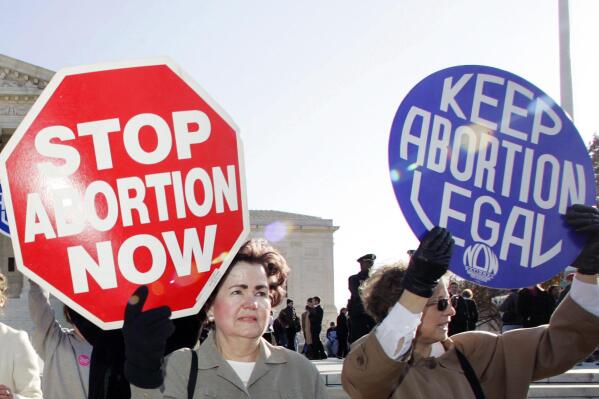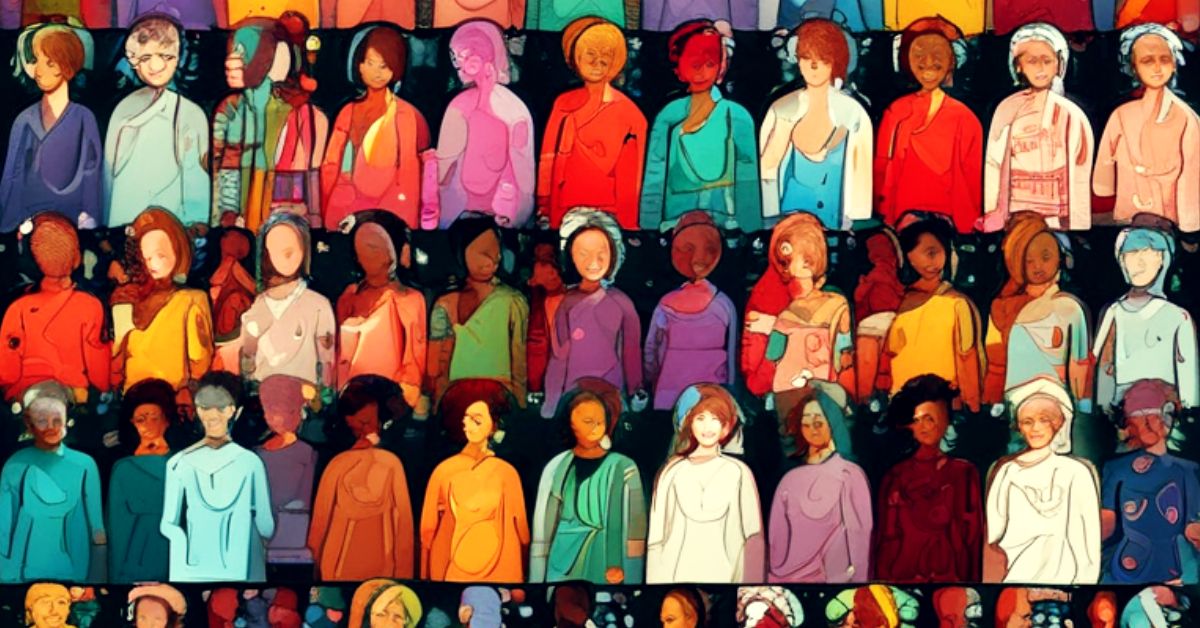Lilit Chilingaryan (11) | STAFF REPORTER
When the R. v. Morgentaler case was resolved in 1988, the status quo had been established that abortion “is health care and the Government of Canada will always defend a woman’s right to choose while improving access for everyone.”
However, despite the ostensible conclusion, abortion remains one of the most divisive issues among the population: the debate between pro-choice and pro-life is undeniable and fervid. One side of the argument advocates for accessible, safe abortion, in which women’s rights, security, and freedom of choice support her decision to abort or not to abort her child. The other campaigns for the legal restriction of abortion, claiming that it is morally wrong and has several repercussions. Of course, the opinions lie on a spectrum, many falling in the middle.
Simply put, abortion implies the termination of a pregnancy as per the mother’s needs and/or wishes. However, there are a myriad of facets and implications that surface from this concept; the standing is radically shifted between different perspectives, as new thoughts and enigmas arise from considering the mother, fetus, ethics, and one’s own beliefs separately then collectively.
To what extent is the fetus a person? Pro-life campaigns would argue that the fetus is human, stating that such an impression is lost on us merely due to our inability to recognize its humanness in its premature appearance. Considering that most pro-life activists are Christian, this acknowledgment of humanity comes from and is supported by Christian beliefs. Interestingly, many other religions follow the same line of thought. This would then prod the conclusion that abortion is murder, which goes against God’s wishes.
On the other hand, pro-choice activists claim that a fetus is not a sentient being. Scientifically, the fetus is not conscious: it does not form memories, feel emotion, etc., so the morality of simply removing cells is justified. From this angle, the fetus is not an individual with a soul, but rather a part of the mother’s body that is rightly subjected to her choices.
Should the fetus’ potential in life be considered? This vision of a fetus’ future and potential in the world is, in fact, a tenet for some pro-life arguments, especially those stemming from a religious perspective. Hinduism, for example, considers that the fetus’ path should not be disrupted by abortion, and that it may grow up to become an honorable brahmin (equivalent to a priest). As well, there is also the point that many women regret abortions afterwards, one prompt possibly being the haunting thought of what could have been, ie. the potential.
The potential of the fetus, however, is not emphasized in the pro-choice side. For one, it is a flimsy output of mere speculation: the future can wind down into so many different paths, and who’s to say one is better than the other? The mother, by choosing to do an abortion, has not impacted the present but is given more freedom and potential to conduct her life in a different way.
Should the fetus’ life be independent of the mother’s wishes? In other words, does it have a right to life that cannot be inhibited by another individual? The fetus would have to be considered in itself as a separate individual with the identity of a living being in order to have such a right.
Anti-abortionists would likely claim that the fetus is indeed a separate entity — physically, spiritually, etc. — so it should have a right to life. Pro-choicers would point to the fact that a fetus is merely a complex of cells that has no right to an identity, much less to the right to be independent of the individual’s body in which it is in.
Again, each person’s perspective or conclusion regarding this would vary; it is not a question that is explicitly resolved from any of the side’s innate sources or beliefs.
Should the other family members be involved in making the decision? Though the mother bears the child, there are ties to other people, such as the father. If he is not to have a say in the decision, does that imply that he has less authority or significance as a parent? Or are neither the mother nor father truly considered parents at that early stage? A court case in 1989 would then establish the government’s answer.
Chantal Daigle, who had been pregnant 18 weeks, was planning to do an abortion when the fetus’ father, Jean-Guy Tremblay, pursued a court case against her decision. Ultimately, it was ruled that the father has no right to veto the court’s decision, nor that of the mother.
Abortion has had a long, turbulent history in Canada, with all the court cases, protests, and variation of beliefs in such a pluralistic society. Several questions arise, which each side of the debate — pro-choice and pro-life — responds to with an interpretation that justifies their proposition. All in all, it has come down to the legalization of abortion in Canada.


